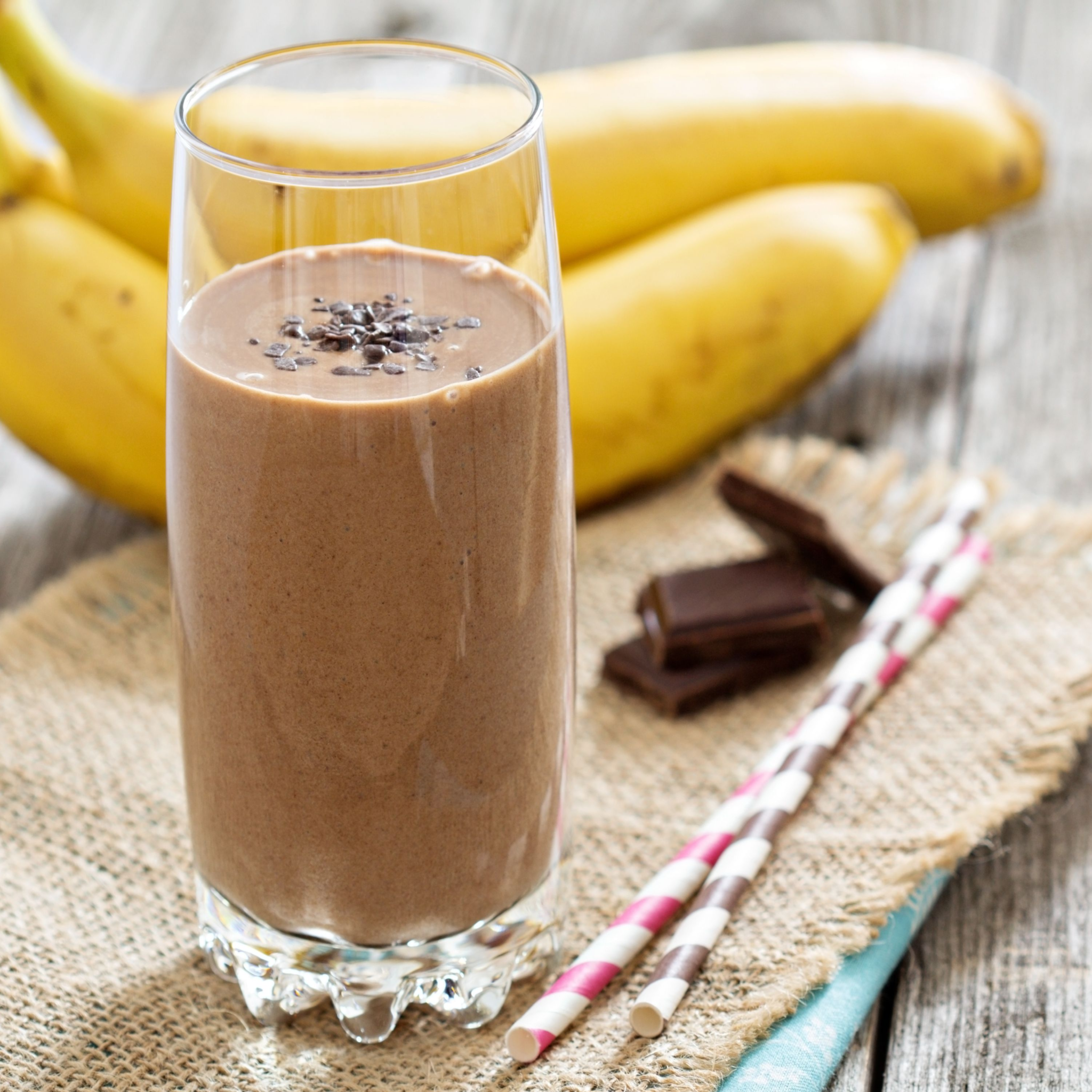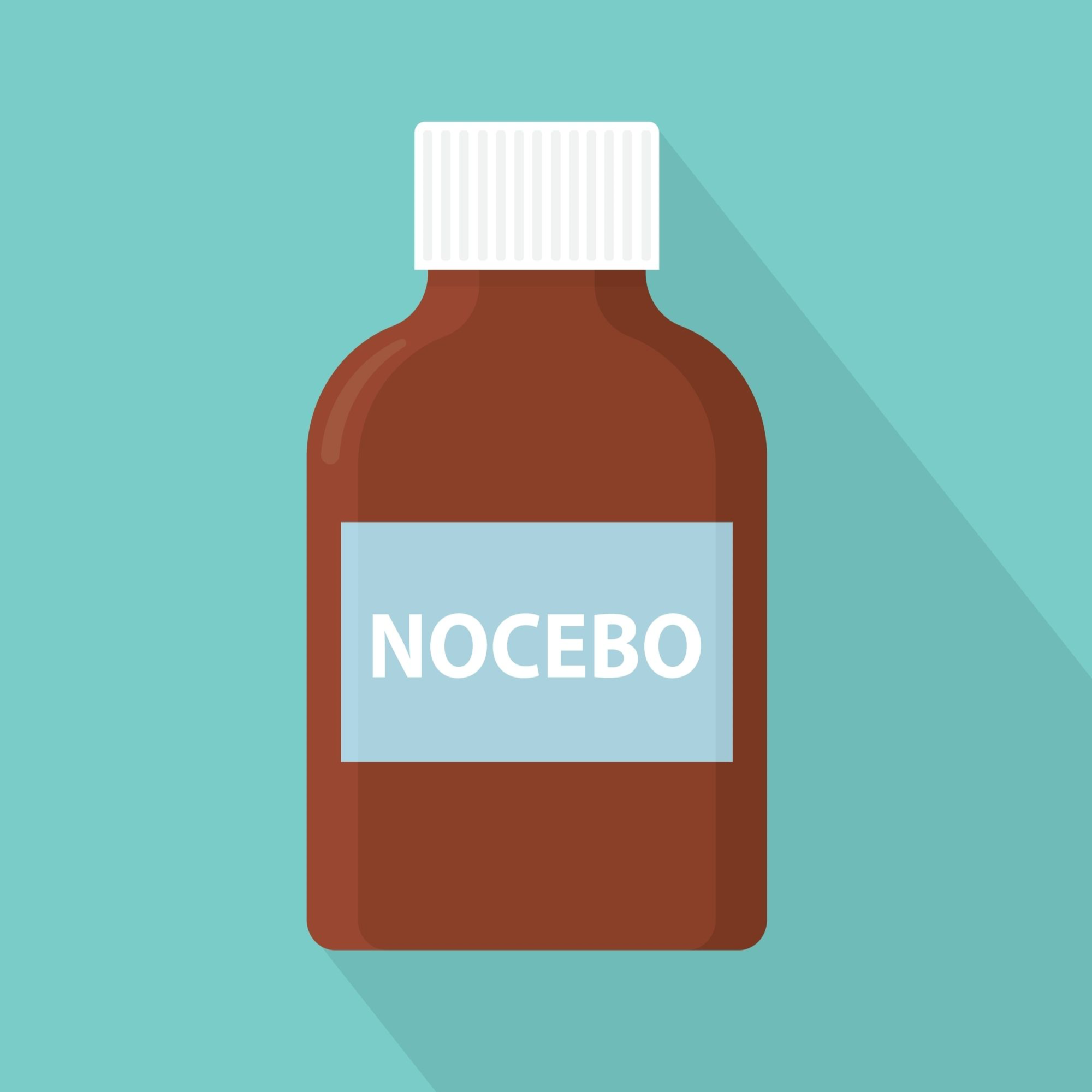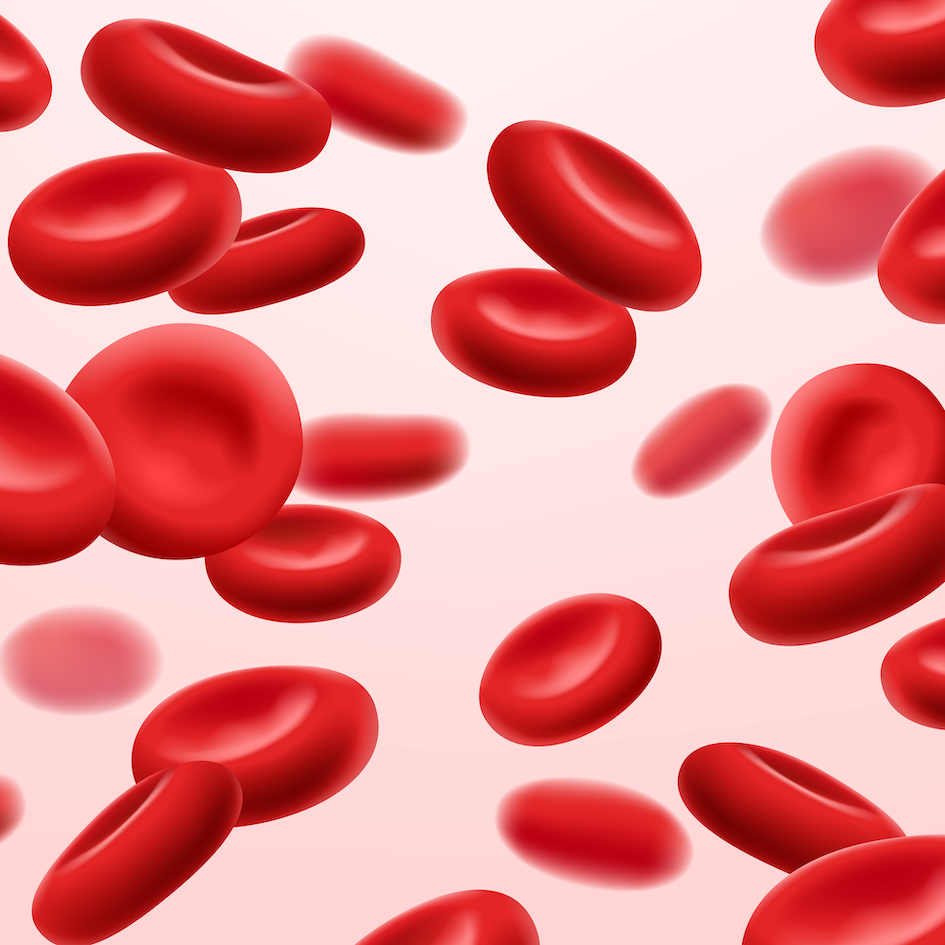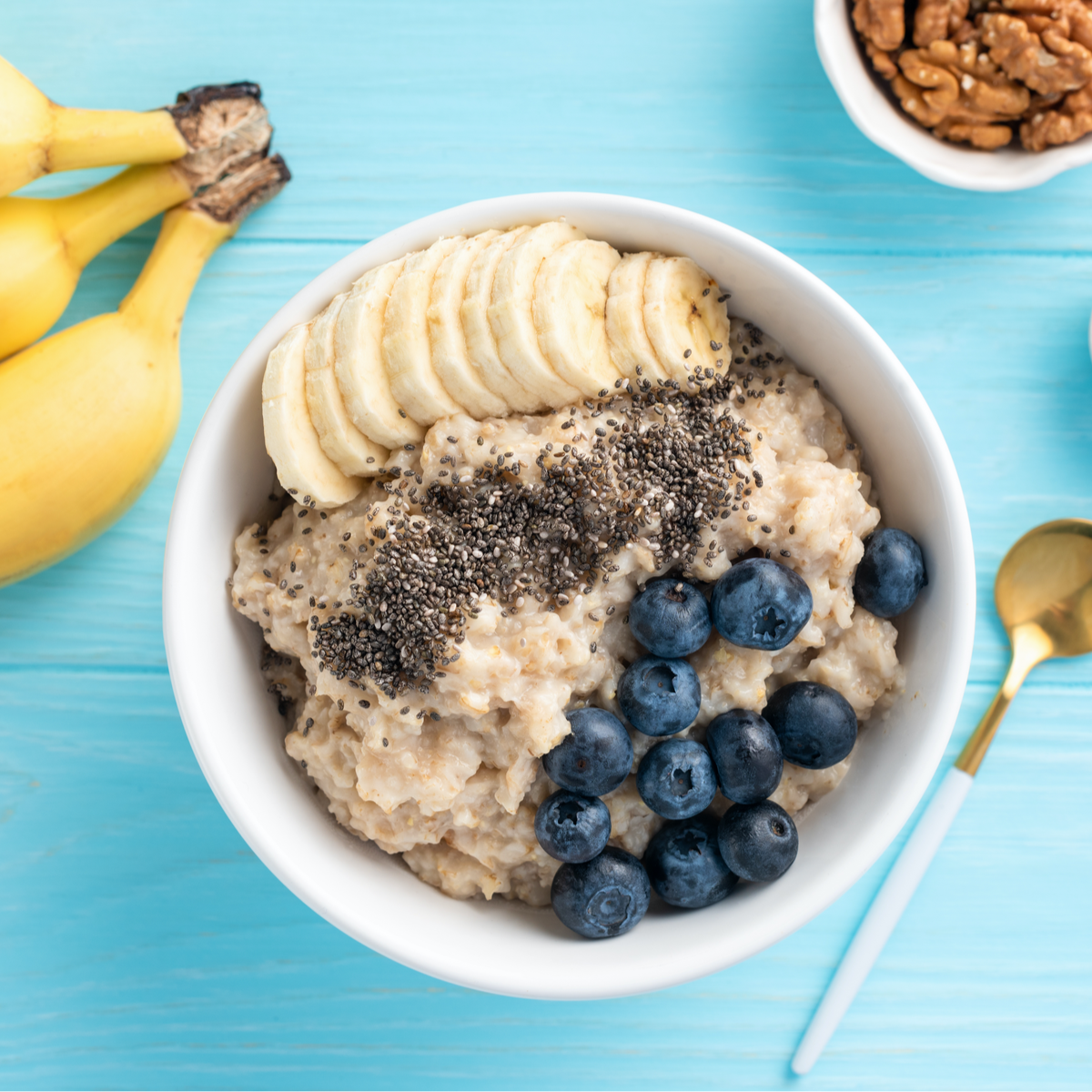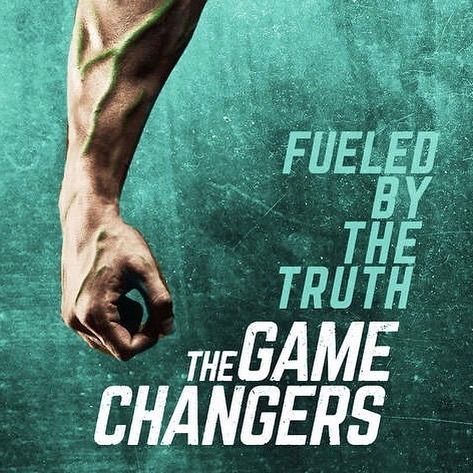
Can a plant-based diet transform you into a rockstar elite athlete? Gamechangers, the latest pro- plant-based health documentary, says yes. Carnivores call the movie bogus vegan propaganda. The answer is somewhere in between. Can we keep the keep the baby while tossing the bathwater? Yes!
What Is The Gamechangers?
It’s a 2019 documentary that showcases the health benefits of a plant-based diet by following James Wilks, a UFC fighter and special forces combat trainer, on his journey. Viewers meet an inspiring lineup of elite plant-based athletes as well as several physicians and scientists.
The movie is backed by a long lineup of heavy-hitting plant-based celebrities, such as James Cameron and Arnold Schwarzenegger and features many notable plant-based physicians, though it sprinkles in a few omnivores (see Team).
How Credible Is It?
Many people automatically dismiss the movie, simply because it was backed by advocates of a plant-based diet. On one hand, I don’t blame them. The credibility of the vegan community has been repeatedly damaged by advocates who paint an exaggerated, black-and-white picture. On the other hand, I believe that being plant-based need not disqualify you from being a rigorous scientist. Yes, we must always bear our storyteller’s biases in mind, but we should still hear them out, especially when they are at least trying to back up their claims with science.
What The Gamechangers Movie Got Right.
1) Plants contain ample protein to support growth and performance.
3) It’s not true that manliness means eating meat and shunning tofu.
Missed Opportunities
1) Not enough focus on “dialing up” the plants, and on choosing high quality, nutrient-dense foods.
The movie focused much more on convincing you that meat and dairy are bad than on telling you that plants are good. Yet, the latter is perhaps the only widely accepted fundamental drivers of a healthy diet.
The Bottom Line
The typical Western diet can leave us overfed yet undernourished. A plant-based diet can offer a fabulous health upgrade – if you do it well. Load up on a diversity of whole plants; limit sugary drinks and nutrient-poor foods; don’t overeat.
APPENDIX
- Heavy reliance on anecdotes. I have more energy on a vegan diet.. you will too!
- Inappropriate use of small pilot studies. “Beet juice can increase bench press by 19%”. Based on a single sample size of seven?
- Exaggeration. The movie leaves viewers with the impression that we should view meat and dairy as toxins. In reality, the scientific story is much more nuanced. Results of studies linking these foods to health outcomes are mixed, and the magnitude of risk changes are often modest. This is not surprising because each of these food categories are extremely broad, and the health upside or downside of removing them varies depending on the “before” and “after” picture (i.e.. Swap saturated fats for sugars and refined carbs? No! Swap saturated fats for unsaturated fats? Yes!). While there is very strong evidence that eating more fiber-rich plants is a health boon, I am uncomfortable with the black-and-white story the film conveys about meat and dairy as universal toxins. See more about smart swaps here: see Harvard Health Summary).
- [Note: The above bullet point on Exaggeration has been updated. The original version of this article said: “The movie equates eating meat and smoking. While red meat consumption has been linked to cancer, the risk factors and the scientific case are not comparable.” A reader corrected the first part of this statement. Indeed, in an interview on the Joe Rogan Experience, movie producer James Wilkes makes a point of clarifying that the movie did not explicitly make this parallel. His intent was to draw a parallel between the tobacco industry and the meat industry, and to assert that they both use unscrupulous practices to hide the harms of their products.]
- Twisted framing. The movie repeatedly equates eating more plants with eating less meat. For example: “Research has shown that people who replace animal foods with high carbohydrate plant foods experience an average drop in cortisol levels of 27%”. The actual study has nothing to do with animal vs plant foods. It’s just about macronutrient ratio. Yes, it’s true that meat doesn’t have carbs and plants do…but I still consider this a case of scientific misrepresentation.
- Cherry picking. By this, I mean selective highlighting of studies that support your point while ignoring those that don’t. Consider dairy and health. Even if you are mindful of dairy industry biases, it’s clearly not as simple as “all dairy is toxic to all people at all doses”. Taking cardiovascular risk for example, this 2017 meta-analysis finds mostly neutral associations with dairy intake, with a few positive associations. This is unsurprising, for the same reasons discussed above – “dairy” is a very broad term (think ice cream vs skim milk), and the impact of a dietary change depends on what you eat instead.
- Inappropriate use of epidemiological studies. Epidemiological studies are observational studies that look for links between dietary intake and health outcomes. Though they are notoriously easy to misconstrue, they are a necessary evil of human nutritional research – it’s often impossible to conduct the gold-standard studies that truly give us “proof” – double-blinded, placebo-controlled, randomized, studies of a single variable. They can be useful for generating and pressure-testing theories, but their many limitations must always be recognized, and they must always be viewed in the context of the fuller picture (e.g. strength of underlying mechanism). While there are tons of epidemiological studies showing that vegetarians have a lower risk of many chronic diseases, we don’t know how much of this is due to less meat and dairy, versus more fruits, veggies, and whole grains, or whether other dietary differences are also at play. While we can use statistics to help control for the “healthy user” bias – the fact that vegetarians and vegans tend to be more health conscious, and this permeates all aspects of their lives – this is impossible to do perfectly (this effect is known as “residual confounding”).


